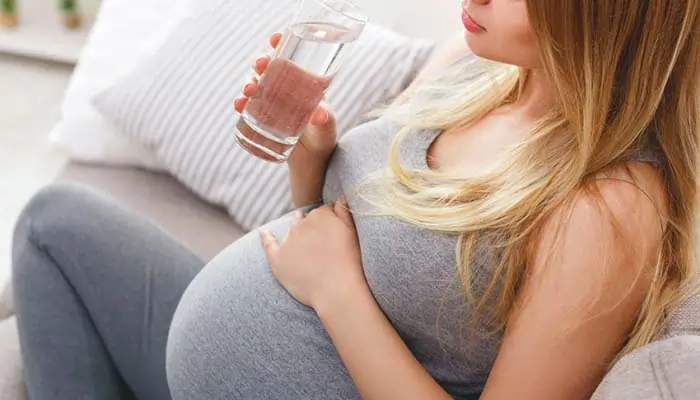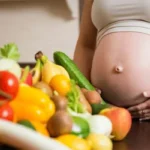Advertisement
How Much Water Should You Drink During Pregnancy?
Now that we understand the importance of hydration during pregnancy, the next question is: how much water should you be drinking? While the general recommendation for adults is to drink about 8-10 cups (64-80 ounces) of water per day, pregnant women typically need more due to the increased demands on their bodies.
General Guidelines for Water Intake During Pregnancy
The American College of Obstetricians and Gynecologists (ACOG) recommends that pregnant women drink at least 8-12 cups (64-96 ounces) of water each day. However, this is just a general guideline, and individual needs may vary based on factors such as activity level, climate, and overall health.
- First Trimester: During the first trimester, your water needs are similar to pre-pregnancy levels, but it’s still important to stay hydrated as your body adjusts to the changes of early pregnancy. Aim for at least 8 cups (64 ounces) of water per day.
- Second Trimester: As your pregnancy progresses into the second trimester, your blood volume increases, and your baby continues to grow. Aim to increase your water intake to about 10 cups (80 ounces) per day.
- Third Trimester: In the third trimester, your baby is rapidly growing, and your body requires even more water to support this growth. Aim for 10-12 cups (80-96 ounces) of water per day.
Factors That Influence Water Needs During Pregnancy
While the general recommendations provide a good starting point, several factors can influence how much water you need during pregnancy:
- Activity Level: If you’re physically active, you’ll need more water to stay hydrated. Exercise increases water loss through sweat, so be sure to drink extra water before, during, and after physical activity.
- Climate: Hot and humid weather can increase your body’s water needs as you lose more fluids through sweat. If you live in a warm climate or are experiencing hot weather, make sure to drink extra water to stay hydrated.
- Diet: Your diet can also impact your water needs. For example, if you eat a lot of high-sodium foods, you may need to drink more water to help flush out the excess sodium and prevent swelling.
- Health Conditions: Certain health conditions, such as diabetes or preeclampsia, can increase your water needs. If you have a medical condition, consult your healthcare provider for personalized hydration recommendations.
Listening to Your Body’s Thirst Cues
One of the simplest ways to ensure you’re drinking enough water during pregnancy is to listen to your body’s thirst cues. Thirst is your body’s natural way of signaling that it needs more fluids. If you feel thirsty, make sure to drink water right away. Additionally, keep in mind that thirst may not always be a reliable indicator of hydration, especially in hot weather or during physical activity. It’s important to drink water consistently throughout the day, even if you don’t feel particularly thirsty.










